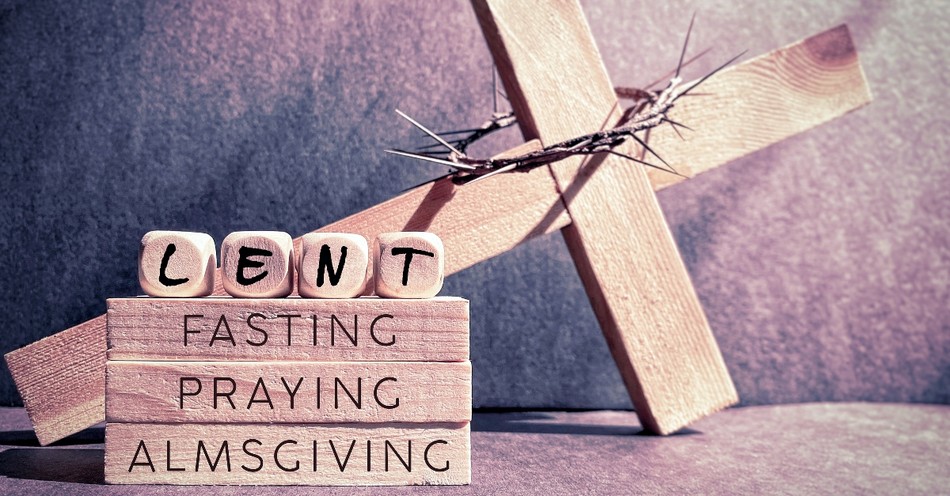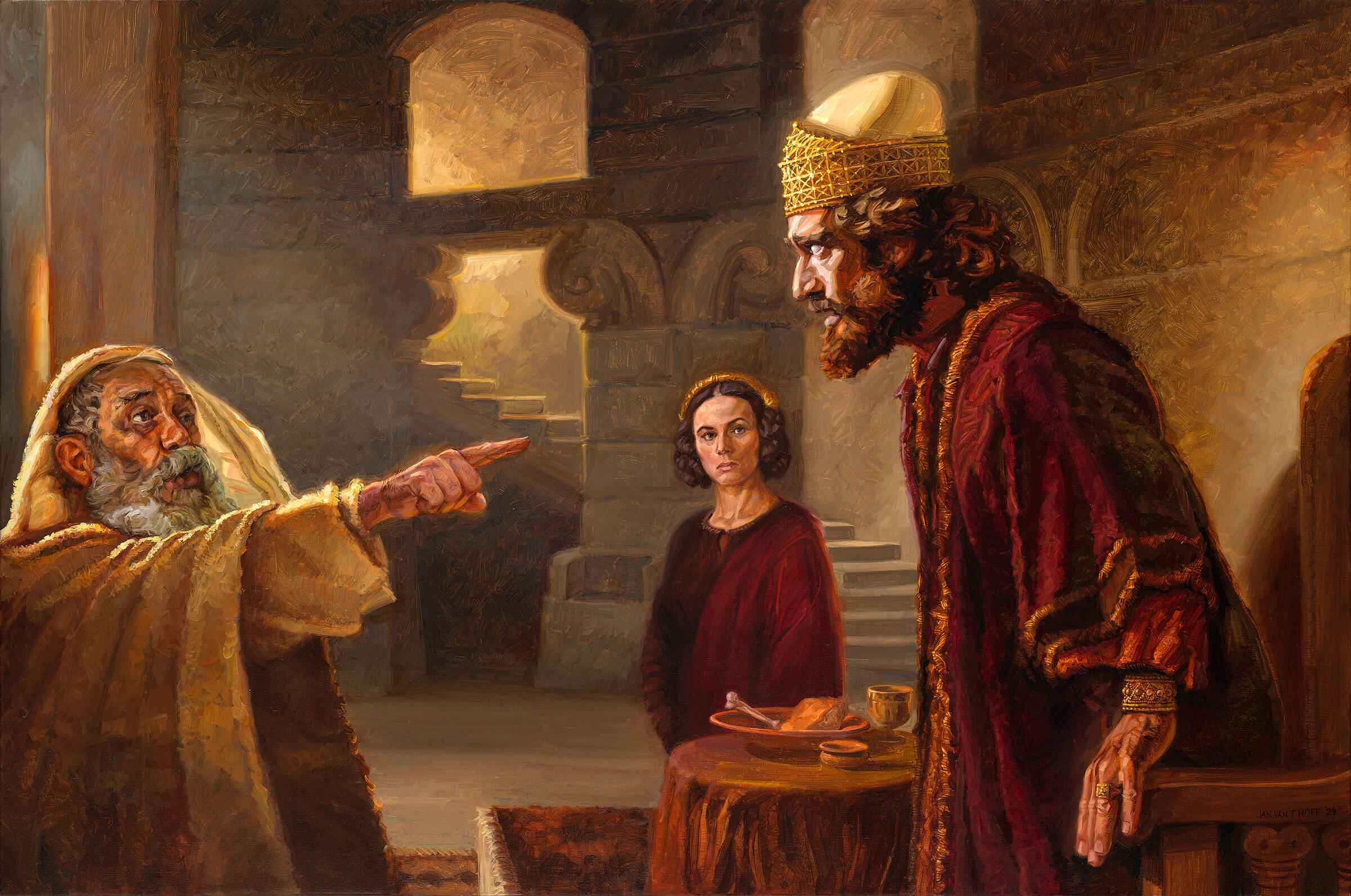
WEDNESDAY, SECOND WEEK OF LENT
Jer 18: 18-20 Ps 31: 5-6, 14, 15-16 Mt 20: 17-28
POOR ATTENTION TO THE RICH JOY
As we continue our Lenten journey, the readings invite us deeper into the mystery of pain and suffering, helping us to understand the Cross of Jesus. Jesus came into the world to reconcile us with God. Our sins had distanced us from His presence, and the path He chose to restore us was the way of suffering and the way of the Cross. In the Gospel, Jesus is on His way to Jerusalem, where He will be rejected, accused, persecuted, and finally nailed to the Cross. He tries to prepare His disciples for this harsh reality, inviting them to accept this bitter truth with courage. Instead, the sons of Zebedee expect something entirely different. They seek positions of honor beside Jesus, rather than sharing in the suffering and passion of the Lord and trusting in the greater joy that would follow. The other disciples respond with judgment toward these two, revealing that they too fail to grasp the deeper joy Jesus is offering. They struggle to follow not the Jesus of miracles and extraordinary preaching, but the Jesus of suffering.
Yet Jesus is clear: “Whoever wishes to come after me must deny himself, take up his cross, and follow me” (Mk 8:34), and again, “Whoever does not carry his own cross and come after me cannot be my disciple” (Lk 14:27). Discipleship, therefore, is inseparable from the Cross. In the first reading, we hear the anguished cry of the prophet Jeremiah. The people refuse to listen to his warnings against their evil ways; instead, they seek to silence him by killing him. In his desperation, Jeremiah cries out to the Lord for mercy and protection. His suffering foreshadows the truth that the Cross always points beyond itself to future joy.
Like Jeremiah, and like the disciples, we often fail to understand what Jesus is trying to teach us and what He is truly offering us. It is not power or position that leads to the joy of the Kingdom, but a life of humble service, simplicity, and self-giving love. Only by embracing the Cross can we enter into the rich and lasting joy that Christ promises.
Response: Save me, O Lord, in your merciful love.
Copyright ©2025 ©Springs of Living Water http://springs.carmelmedia.in










